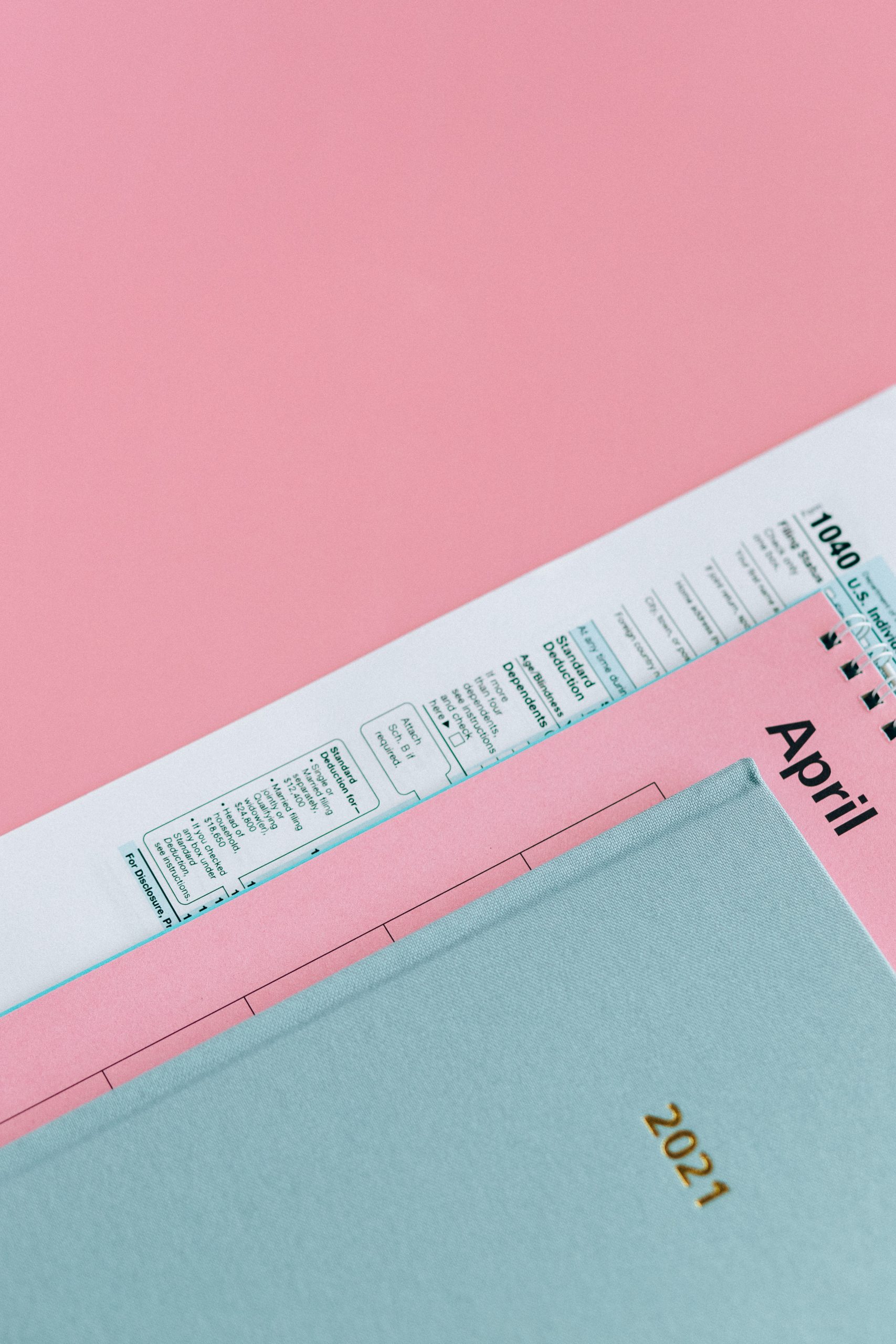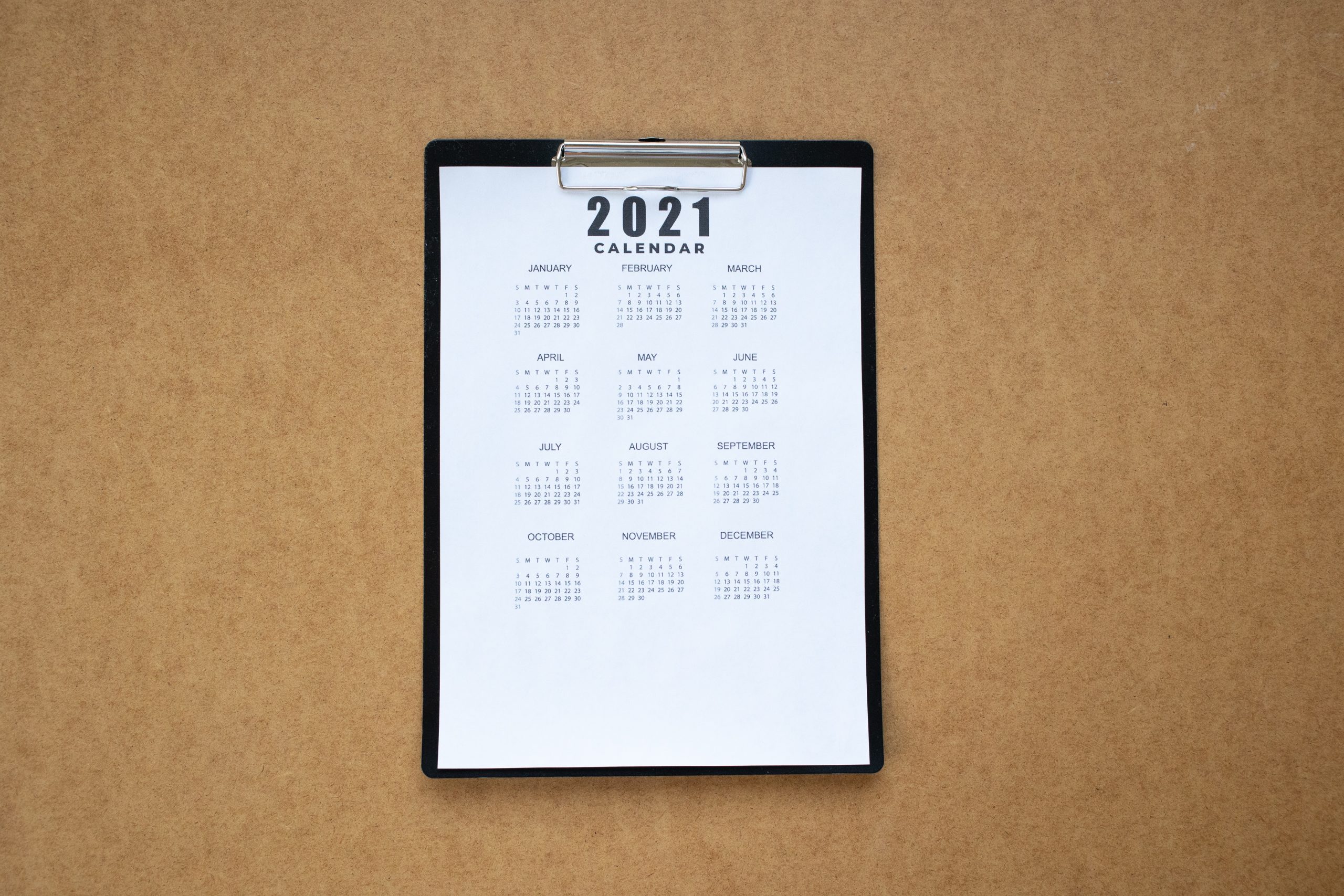The tax year, or the fiscal year, is the 12-month calendar that is covered by a tax return. The tax year outlines the time frame in which businesses and the self-employed must pay taxes on the earnings they made in the previous year.
The tax year is not fixed across the world, and different countries operate under different tax years.
So when does the tax year end in the UK?
We are going to take a look at the dates of the tax year in the UK and the deadlines for submissions and payments within it.
When is the end of the tax year?
In the UK, the tax year ends at 23:59 on April 5th and starts again at 00:00 on April 6th. The end of the tax year is the point at which your taxes must be paid up to from the following year, and it is used as a time frame for financial assessment by many businesses.
The UK government uses a slightly different calendar called the ‘financial year’, which runs between April 1st and March 31st. The reason for this is that the government must announce any financial statements for the coming tax year before the new year commences.
So let’s jump in and take a look at what happens at the end of a tax year.

What happens at the end of the tax year?
For most people, the end of the tax year goes unnoticed. However, for self-employed people and managers and administrators of businesses, it is a crucial date in the calendar.
If you are required to complete a tax return, you must do so at the end of the tax year. Tax returns are predominantly for self-employed people, so if you are newly self-employed, you must register with HMRC for tax and national insurance contributions. Once you have registered, you will receive a reminder for your returns each year, and you will be able to complete your annual Self Assessment tax return.
Self Assessment tax returns are usually for the purposes of paying Income Tax and National Insurance payments. However, they can also be used for paying taxes on other things such as Capital Gains Tax or Stamp Duty.
Your annual tax return must cover the dates within the previous tax year so that last year would have been April 6th 2021, to April 5th 2022. The amount you or your business has earned between those dates determines how much tax you will pay on those earnings.
When is the deadline for filing your tax returns?
The deadline for filing your returns depends on whether you file them digitally or in paper form.
The deadline for digitally filing your returns for the tax year between 2021 and 2022 is January 31st 2023.
The deadline for filing your returns for the same period if you are submitting a paper return is October 31st 2022.

When is the deadline for paying your tax bill?
The payment of tax for the tax year between 2021 and 2022 must also be completed on January 31st 2023.
You also have the option to divide your tax payments into two chunks if you cannot afford to pay it all in one. If you choose this option, the deadline for filing your returns is the same (January 31st or October 31st) and then the second payment must be made before July 31st.
What happens if you are late filing a tax return?
It is illegal to file a tax return late, and if you do so, you will receive a fine.
If your tax return is filed late and is within three months of the original deadline, you will receive a penalty of £100.
If you file a return later than three months after the original deadline, you will receive a penalty of £100 and an additional penalty based on the details of your situation. You can use the penalty estimator to find out roughly how much you would be charged for any outstanding late returns you have.
Once a penalty has been issued, you can appeal against it if you have a reasonable excuse.
What happens if you are late paying your tax bills?
If you miss the deadline (January 31st 2023) to complete the payment of your taxes, you will have to pay a 2.7% interest fine on top of what you already owe.
If you go three weeks without completing the payment (February 21st 2023), the interest will rise to 3%.
Continued failure to pay your taxes on time can ultimately lead to prosecution.
What happens if you pay the wrong amount of tax?
You may end up paying the wrong amount of tax if you make a mistake or an incorrect calculation on your tax return. This can happen if you enter in the wrong tax code or if you are unaware of a tax relief for which you are eligible.
If you make a mistake on your return, you have up to 72 hours after you filed it to make any necessary changes. If 72 hours have passed, then you must contact HMRC so they can make the changes.
If you purposefully pay the wrong amount of tax by incorrectly completing your tax return, you are liable for penalty fines and prosecution.
You can use an Income Tax calculator to work out exactly how much tax you need to pay.
When does the tax year end in other countries?
Different countries have operated under different tax years, and some countries even have varied tax years within themselves.
Many countries have the tax year in alignment with the calendar year. The reasons for the UK’s tax year starting and ending in April goes all the way back to the 18th century.
Why does the UK tax year end in April?
Most of Europe used to operate under the ecclesiastical calendar, which regarded March 25th as the official New Year, then known as ‘Lady Day’.
When Britain first started to levy taxes on windows in the 18th century, the tax year was set up to align with the start of the new year – March 25th.
However, some 200 years prior to this, the rest of Europe had adopted a new calendrical system – the same one we use today – to allow for leap years every four years. Britain had yet to adopt this system and had fallen 11 days behind the rest of Europe.
Then, in 1752. Britain realised it would have to adopt the European system for trading purposes, the British government officially skipped the date 11 days forward, and the new end of the tax year became the 5th of April.






